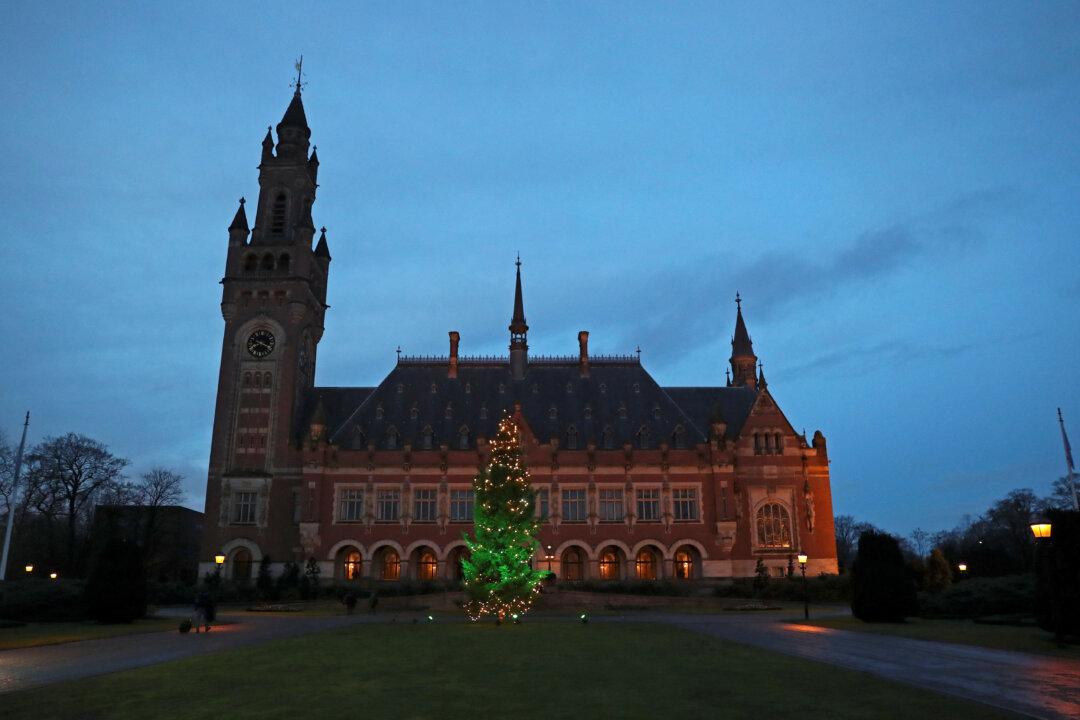The top court of the United Nations has started proceedings to examine the legal obligations of countries to combat climate change.
This is a response to a March 2023 request by the U.N., spearheaded by South Pacific nation Vanuatu.

The top court of the United Nations has started proceedings to examine the legal obligations of countries to combat climate change.
This is a response to a March 2023 request by the U.N., spearheaded by South Pacific nation Vanuatu.